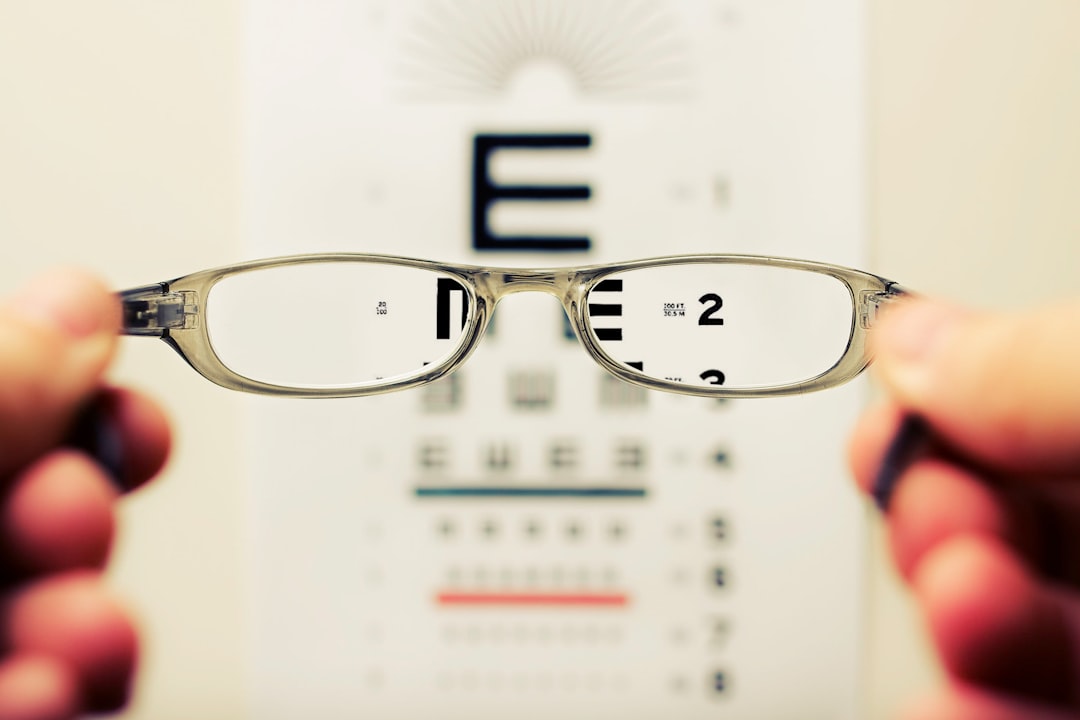
We hear many technology-related buzzwords but few are probably more unforgettable than “HEPA filter” – and there’s a good reason behind. They’re the final barometer in terms of filters, considering how effective they are at their job, which is to get rid of 99.97% of air particles. However, these filters are not all created equal, which is why testing companies like Performance Assurance Systems exist.
If you want to learn more about HEPA filters, start by understanding the meaning behind each letter of the acronym. HEPA is short for High-Efficiency Particulate Absorption, and the filters are basically mats made mostly from fiberglass. The filter basically traps a wide variety of allergens, contaminants and the like. It’s easy to surmise that this hugely benefits asthma and allergy sufferers, and just about all those who would like better quality indoor air.
The technology behind HEPA filters, however, isn’t what you’d call new. Truth is, the world’s first HEPA filter was created at the time of World War II, and it was meant to ensure that radioactive particles were confined within laboratories. The next decade, it was produced commercially and has since evolved from being used in various industries, from medical to aerospace and more.
Although countless particles hang in household air, there are probably more found on surfaces, such as rugs, furniture and the like. These areas must be regularly cleaned, although your best bet in controlling asthma and allergy attacks is removing the source.
In medical settings, HEPA filters have also proven their worth, dramatically reducing the spread of airborne microorganisms like bacteria and viruses. The best rated HEPA units nowadays have efficiency ratings as high as of 99.995%, offering the strongest protection against diseases caused by airborne contaminants.
You will likley find “HEPA-like” filters nowadays which are much cheaper to buy, but they will never be real HEPAs nor as effective, trapping a mere 80% to 90% of airborne particles. To know if the HEPA filter you have is the real thing, spend time looking at its serial number and manual. The best ones should remove at least 9.97% or more at .3 microns. Again, Performance Assurance Systems HEPA filter validation services can help you see exactly how these filters are working (or not working) for you.
Owing to their efficiency, HEPA filters have increased in popularity nowadays as technology keeps moving forward. Seeing the benefits offered by HEPA filtration, companies manufacturing vacuum cleaners, airplanes and cars have all ventured into HEPA filtration as part of their own emerging technologies.
Source: site here